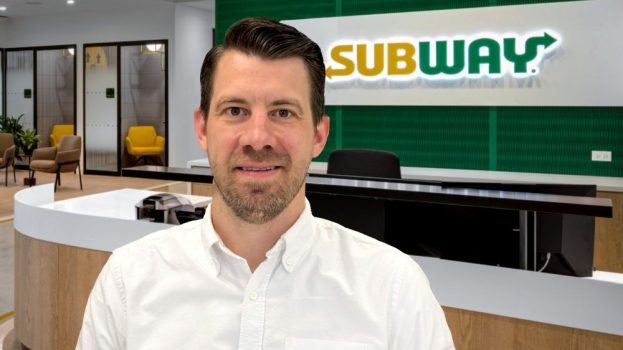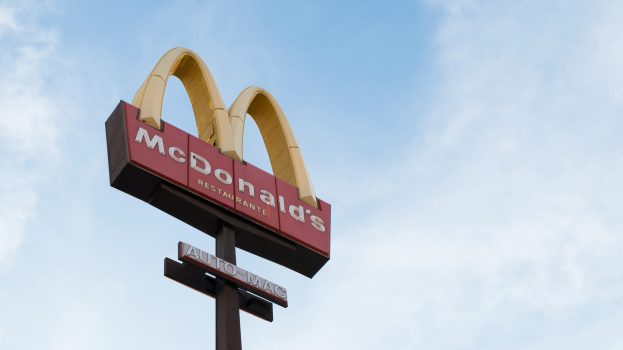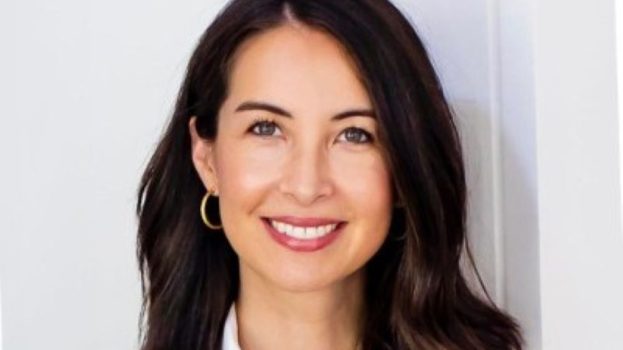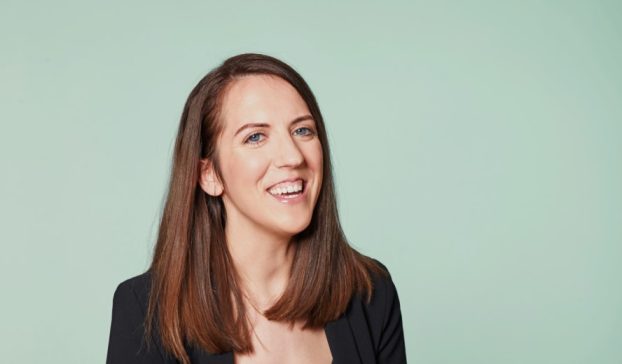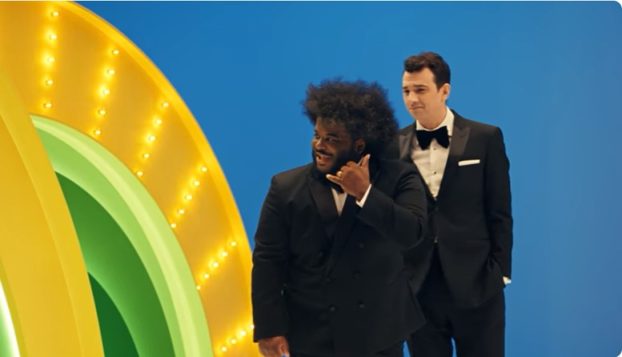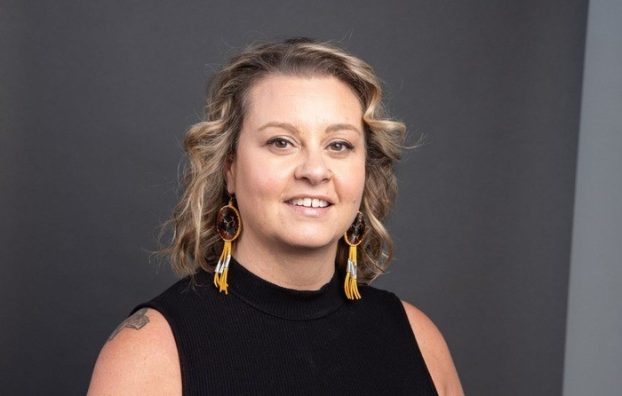It’s no easy feat to take on marketing for a major sporting event, but it’s arguably made a little easier with a royal in your corner.
When Steve Wallace took on his role two years ago as chief marketing officer of the Invictus Games Toronto 2017, brand awareness for the event nationally was under 5%.
Still, the Games – an international event where wounded or sick armed services members compete in Paralympic-style events – had some momentum on their side. As of June, brand awareness had climbed to 50% nationally and Wallace says that’s expected to be 70% when the Games kick off Sept. 23, and even higher in the Toronto area.
In part, awareness has climbed because of the Games’ association with their creator, Prince Harry, who will attend the event and is just generally, well, famous.
“Any time that there’s a royal attachment to anything in Canada, it definitely gets noticed,” says Wallace, previously VP of brand activation for the 2015 Pan Am/Parapan Am Games in Toronto. He now leads a team of 25 across all facets of marketing the Games, from sponsorship to ticket sales to media.
Coupled with Canada 150, when Canadians have already been looking for unique events and celebrations, the Games were in somewhat of a position of strength this year.
The event is smaller in scope than others, representing 550 competitors from 17 nations in 12 adaptive sports, such as wheelchair basketball and sitting volleyball. Compare that to Pan Am, which had more than 6,000 competitors across 36 sports.
But the Invictus Games benefits from what Wallace says is a well-defined brand. The upcoming event will the the third ever, with the first in 2014 in London and the second in Orlando in 2016 both following similar branding and marketing guidelines (as will the Sydney Games next year).
“There’s not a lot of creative flexibility for the brand because it’s very well baked,” Wallace says.
This has meant that the marketing has been highly strategic. Specifically, Wallace and his team have zeroed in on the fact that two-thirds of Canadians have some connection to the military, either through family or friends, meaning the pool of potential volunteers and ticket buyers was ripe for the targeting.
This has been done mainly through Facebook, with the Games targeting legion members, veterans and people who have proven interested in military-related charities and organizations. Advertising around the sports section also has been key for targeting Canadians. For his part, Wallace says that being part of a larger conversation around mental health is also what drew him to the role.
The Games have also benefited from a media partnership with Bell Media (specifically CTV and TSN), which are now promoting the event on broadcast but have also lent a degree of PR support. For example, Bruno Guévremont, a Canadian armed forces veteran and Invictus Games ambassador, was also one of the faces of the Bell “Let’s Talk” mental health initiative this year.


